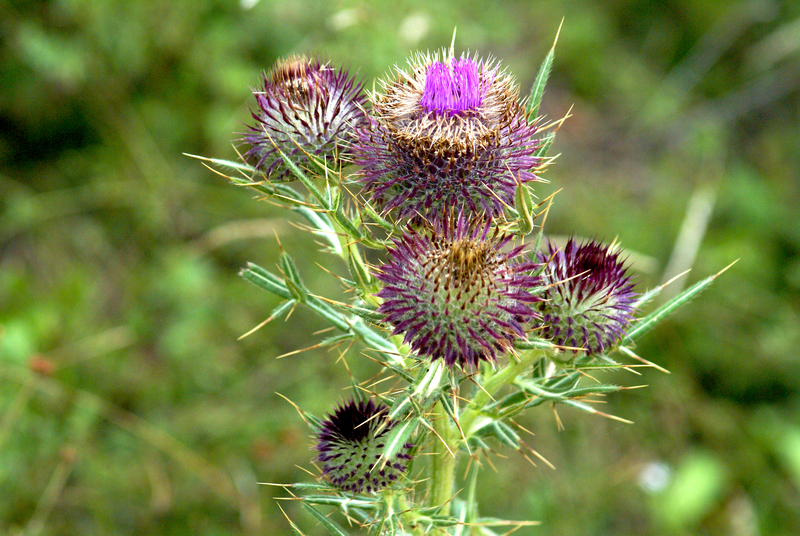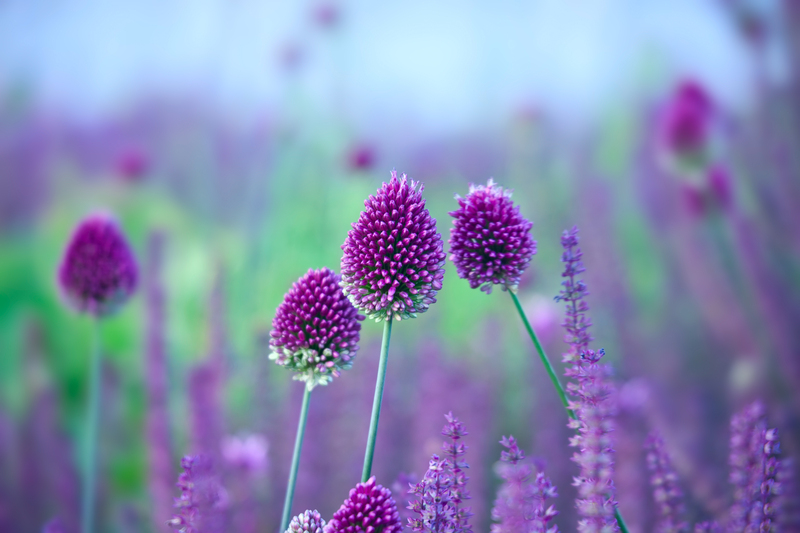How to Create a Perfect Lawn: Lawn Care Tips for Newbies
Posted on 24/04/2024
Are you a new homeowner dreaming of having the perfect lawn? Or maybe you're an experienced gardener looking to up your lawn game? Either way, creating and maintaining a lush, green lawn is not as simple as just mowing and watering it. It takes proper knowledge and consistent effort to achieve the perfect lawn that will be the envy of your neighborhood. In this article, we will provide you with essential tips on how to create a perfect lawn for newbies.
Start with the Basics
Before diving into advanced lawn care techniques, it's important to understand the basics of creating a healthy lawn. The first step is to determine the type of grass that best suits your climate and soil conditions. Some common types of grass include Bermuda, fescue, and zoysia. You can consult with a local gardening expert or do some research online to figure out which grass type would thrive in your area.
The next step is preparing the soil for planting. This involves removing any debris, rocks, or weeds and loosening the soil to allow air and water to penetrate easily. You may also need to add fertilizers or lime to balance the pH level of your soil.

Proper Watering Techniques
Watering is crucial for the growth and health of your lawn. It's essential to water deeply but infrequently rather than shallowly every day. Deep watering encourages root growth and helps develop a strong foundation for your lawn. Aim for about an inch of water per week, either through natural rainfall or irrigation.
It's also important to water your lawn early in the morning before the sun is up or in the evening when it's cooler. This prevents evaporation and ensures that your lawn gets adequate hydration.
Frequent Mowing
Mowing regularly not only keeps your lawn looking neat but also encourages healthy growth. The general rule of thumb is to mow your lawn at least once a week, depending on the type of grass you have. Avoid cutting too short as this can damage the root system and make your lawn more susceptible to weeds and diseases.
Also, make sure to keep your lawnmower blades sharp to prevent tearing of the grass blades. This will result in a clean cut, which aids in faster healing and keeps your lawn looking its best.
Fertilization is Key
Fertilizers provide essential nutrients that are needed for your grass to grow healthy and green. However, it's crucial to choose the right type of fertilizer and apply it correctly. Too much or too little fertilizer can harm your lawn rather than benefit it.
In the first year of creating a new lawn, it's recommended to fertilize every six weeks with a slow-release nitrogen-based fertilizer. For established lawns, one or two applications per year should suffice.
Weeding and Pest Control
Just like any other plants, lawns can fall prey to weeds and pests. Weeds compete for nutrients and water with your grass, while pests like grubs can cause extensive damage if left unchecked. It's important to regularly inspect your lawn for any signs of weed growth or pest infestation.
There are various methods for controlling weeds, such as hand-pulling, herbicides, and natural remedies like boiling water or vinegar. For pest control, enlist the help of beneficial insects or use organic pesticides if necessary.
Pros and Cons of Having a Perfect Lawn
Creating a perfect lawn has its pros and cons that are worth considering before embarking on this journey. Some pros include enhancing the curb appeal of your home, providing a comfortable outdoor space for relaxation and recreation, and even increasing the value of your property.
On the other hand, maintaining a perfect lawn requires time, effort, and money. It also involves using chemicals and machines that can be harmful to the environment. It's essential to find a balance between having a beautiful lawn and being environmentally responsible.

Tips for Lawn Care Newbies
- Research and plan: Take the time to research and plan before creating your lawn to ensure you have the right grass type, soil condition, and watering schedule.
- Start small: If you're new to lawn care, start with a small area first and gradually expand as you gain experience. This will prevent feeling overwhelmed and avoid costly mistakes.
- Practice good mowing habits: Mow frequently and avoid cutting too short or too long. Also, remember to keep your lawnmower blades sharp for a clean cut.
- Fertilize correctly: Follow the instructions on the fertilizer package and avoid over or under fertilizing your lawn.
- Maintain a weed-free lawn: Hand-pull weeds as soon as you spot them, and use natural remedies or organic pesticides for pest control.
Conclusion
Creating and maintaining a perfect lawn takes commitment, knowledge, and patience. By following these tips, you can achieve a healthy, green lawn that will make you proud. Remember to start with the basics, water correctly, mow frequently, fertilize properly, control weeds and pests, and strike a balance between having a beautiful lawn and being environmentally friendly. With consistent effort, you'll soon have the perfect lawn that will be the envy of your neighborhood.
Latest Posts
Essential Tools for Passionate Gardeners
Top 9 Gardening Tips for Newbies
Top Edible Wild UK Plants and Flowers



